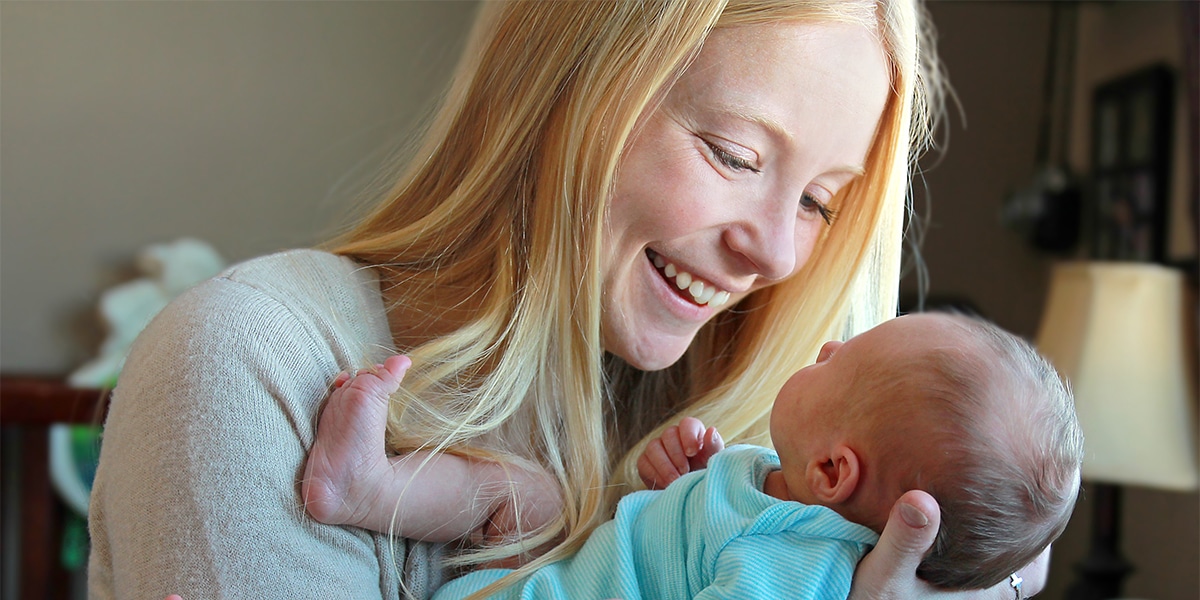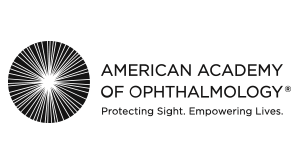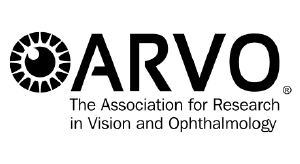In 1981, Professors David Hubel and Torsten Wiesel won the Nobel Prize for Physiology or Medicine for their pioneering work on the neuroscience of visual processing. This Nobel Prize was the culmination of decades of work that began in the 1950s, when Dr. Hubel first used a tungsten wire (an electrode) to record electrical activity from a single neuron. Next, in the 1960s Hubel and Wiesel collaborated to show that specific neurons were activated by vision from one or the other eye.
In these experiments, neuron activities of a kitten’s brain were measured while the kitten was shown various visual stimuli. So what does that have anything to do with why we sing, play with and stimulate babies?
Here is where it gets really interesting. In a series of published scientific manuscripts, Hubel and Wiesel revealed that blocking vision in an eye prevented development of the neurons that were supposed to register vision from that eye. Furthermore, if vision was blocked for just a short period, the brain still developed the ability to see out of that eye. But the longer that vision was blocked, the poorer the visual outcome in that eye even after the cover was removed. Until eventually vision would not develop at all – even though the eyelids were reopened and the eyeball itself was completely normal. This is called “neurologic blindness” or amblyopia.
These experiments revealed three very important things: (1) the brain is born with the potential to do things such as vision, (2) actual development of that potential requires a stimulating experience (e.g. visual input from a seeing eye), and (3) the time period for when this could happen is not limitless but rather preset for a particular period of childhood development – what they called “the critical period.”
It means that the human brain is born with the potential to see, speak, learn a vocabulary, do math, hear music, feel empathy, engage in athletics, memorize, rhyme, dance, play an instrument, socialize – all the things that make our behavior ‘human.’ But it also means that developing this potential requires stimulating experiences – actually seeing, hearing, speaking, reading, jumping, crying, hugging, dancing, solving math problems, and socializing.
And it means that for the appropriate parts of the brain to properly develop, each one of these experiences needs to occur within a “critical period” of development for that particular trait/skill/behavior.
So we sing, play with and stimulate our babies. We engage our toddlers and pre-schoolers in sports and reading and arithmetic, which continues into adolescence. We hug and comfort our children, teach them empathy, buy them music lessons, provide them with order and structure, and socialize them with their siblings, other children and even pets. We do it early. We do it often. And our children benefit by stimulating the appropriate parts of their brain to develop to their fullest potential. Different brain activities have “critical periods” at different ages. Some occur much later in development, e.g. algebra. But every brain “skill” has a critical period of development that falls within some range for the majority of us humans. This doesn’t mean that we can’t develop a skill later in life, past that critical period. But it is much harder and the outcomes less robust.
There’s a corollary to that: as the groundbreaking studies of Hart and Risley and others have revealed, children who grow up disadvantaged, in homes devoid of toys, books, structure, empathy or social engagement, will not develop these neurologic circuits in their brains to their fullest even though their brains have the potential for developing all the above skills.
Furthermore, as summarized in a wonderful book by Dr. Dana Suskind (Thirty Million Words: Building a Child’s Brain, 2015), research shows that children of parents who don’t have a high school diploma are exposed to vocabularies that are an order of magnitude lesser than children of parents who have a college degree. And children who grow up in emotionally distant or even abusive households may not develop the empathy and social skills that their brains are capable of.
In conclusion, the scientific studies of Hubel and Wiesel won the Nobel Prize not only because they outlined the specifics of how the visual system develops but also because they revealed that there’s tremendous potential in all our brains to learn and do amazing things; however, to harness that potential requires an appropriate set of experiences. For children born to privilege, the opportunities for development are there. For those less fortunate, we as a society can help by providing babies and children with the appropriate nurturing, stimulating environments, e.g. Head Start and other early-intervention programs. Let’s hug our young boys and encourage them to cry. Let’s play catch with our young girls and encourage them to compete. Let’s read to and with our children, play math games with them, and expose them to the sights and sounds of human culture – art, music, dance, poetry, etc. That is what they need to reach their potential. It’s never too late to expose and enrich and facilitate learning. But for optimal outcomes, we should do it while children are young – we can’t wait for them to get older because the “critical period” will have passed.
So this is why we sing to our babies.





